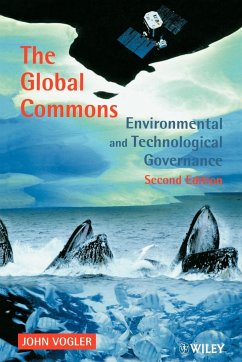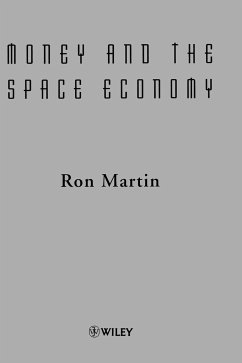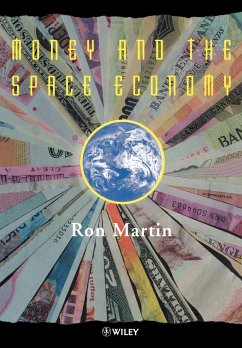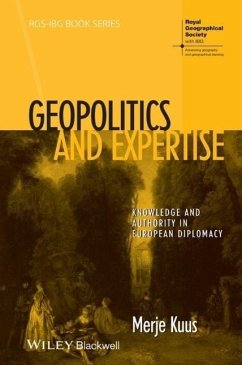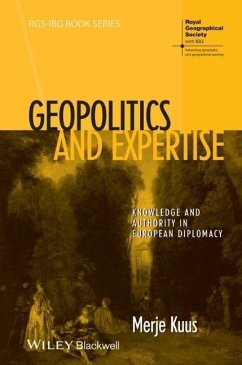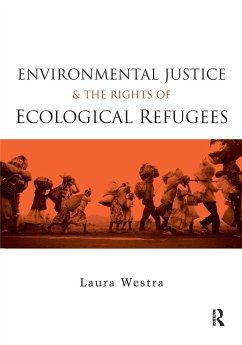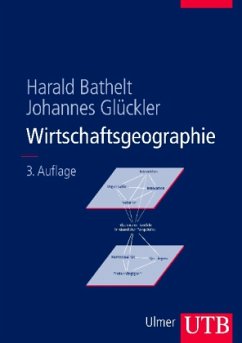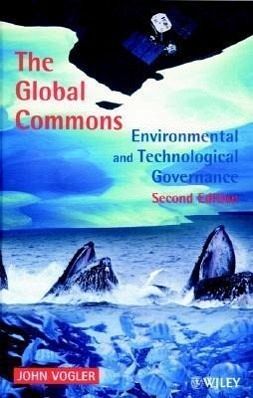
The Global Commons
Environmental and Technological Governance
Versandkostenfrei!
Versandfertig in über 4 Wochen
246,99 €
inkl. MwSt.
Weitere Ausgaben:

PAYBACK Punkte
123 °P sammeln!
Die Ozeane, die Antarktis, der Weltraum und die Atmosphäre sind keiner Regierung unterstellt, aber ihr Zustand ist wichtig für Überleben der Menschheit. So erhebt sich die Frage, wie die rund 180 Staaten der Erde zusammenarbeiten können, um diese Allgemeingüter zu schützen und zu erhalten. Diese erste systematische, vergleichende Analyse der staatenlosen Regionen erfaßt gesetzliche Regelungen, die unter anderem die Ozeane, das Südpolargebiet, Müll auf Erdumlaufbahnen, die Ozonschicht und Klimaveränderungen betreffen. (03/00)
The global commons - the oceans, Antarctica, outer space and the atmosphere -are critical to the survival of human kind. Yet, they are, by definition, beyond the control of any government. How, then, can the governments of some 180 or more sovereign states co-operate effectively to protect and sustain the often fragile environment of the commons? This book develops and applies the tools of regime analysis to the question of how the various global commons are, or fail to be, governed effectively. The new edition has been extensively re-written and expanded to take into account recent developments and includes a new conclusion on the connections between global and local commons. Involving the first systematic comparative analysis of governance regimes The Global Commons covers: * The Third Law of the Sea Convention, the deep seabed, whaling and marine pollution regimes * Antarctica and the Madrid Protocol on Environmental Protection * Outer space regimes for weapons, the operation of satellites and the emerging problem of orbital debris * The global atmosphere, the Montreal Protocol for the protection of the stratospheric ozone layer and the developing climate change regime and the Kyoto Protocol Reviews of the first edition noted that The Global Commons: is an invaluable reference point for students of international resource issues International Affairs is an important book for students of politics, environmental management, international relations and political geography.? Geographical Journal should be studied by all those who want to understand the limits to collective action on global environmental problems and is a must for every reading list associated with courses on the society-nature interface.? Progress in Human Geography and as a comprehensive and incisive review of much relevant scholarship and case study material, this book should find its way on to core reading lists for environmental management?. Area



